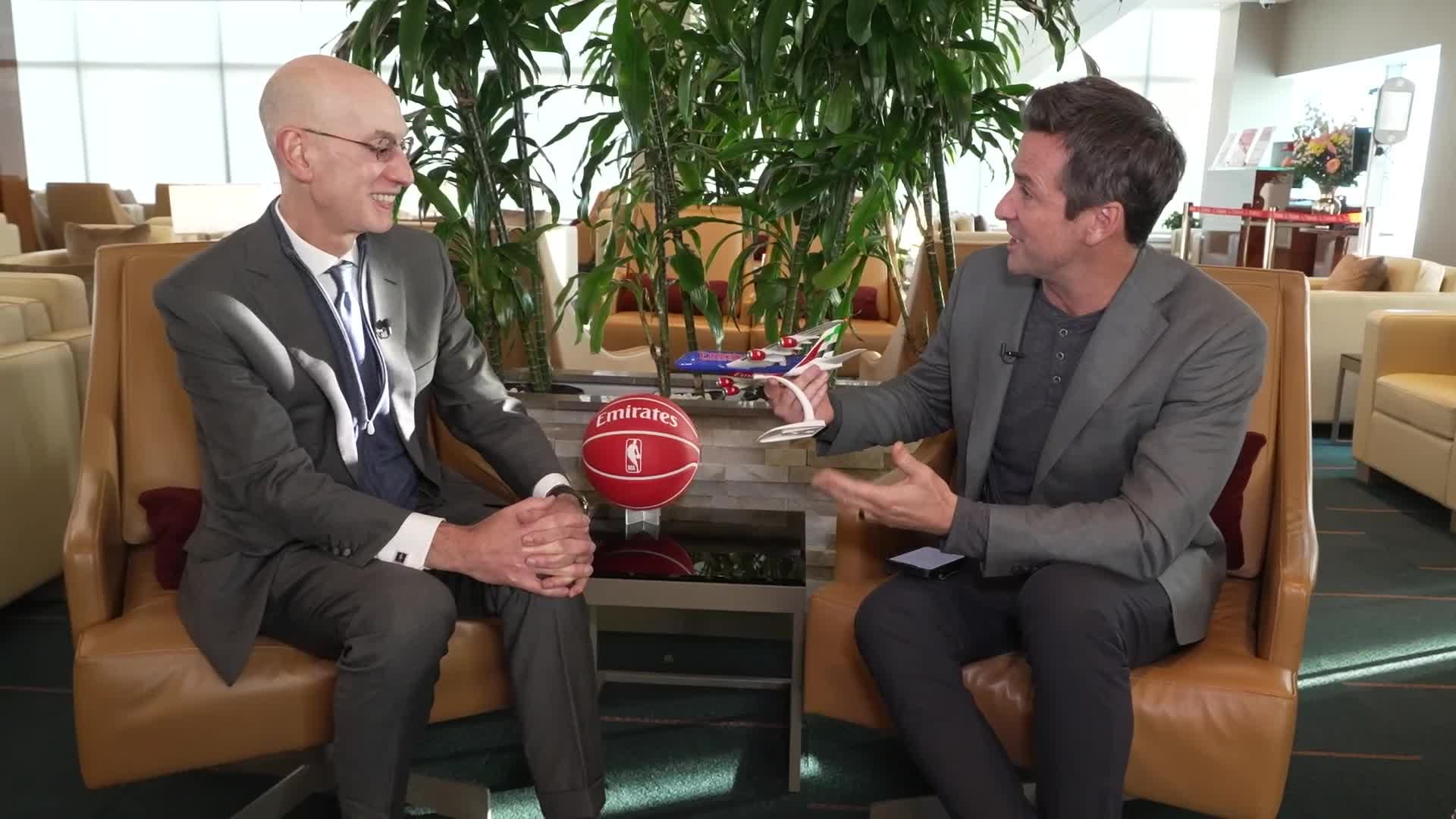Board members picked by Florida Gov. Ron DeSantis to oversee the governance of Walt Disney World said Wednesday that their Disney-controlled predecessors pulled a fast one on them by passing restrictive covenants that strip the new board of many of its powers.
The current supervisors of the Central Florida Tourism Oversight District said at a meeting that their predecessors last month signed a development agreement with the company that gave Disney maximum developmental power over the theme park resort's 27,000 acres in central Florida.
The five supervisors were appointed by the Republican governor to the board after the Florida Legislature overhauled Disney's government in retaliation for the entertainment giant publicly opposing so-called “Don’t Say Gay” legislation that bars instruction on sexual orientation and gender identity in kindergarten through third grade, as well as lessons deemed not age-appropriate.
In taking on Disney, DeSantis furthered his reputation as a culture warrior willing to battle perceived political enemies and wield the power of state government to accomplish political goals, a strategy that is expected to continue ahead of his potential White House run.
The new supervisors replaced a board that had been controlled by Disney during the previous 55 years that the government operated as the Reedy Creek Improvement District. The new board members held their first meeting earlier this month and said they found out about the agreement after their appointments.
“We’re going to have to deal with it and correct it,” board member Brian Aungst said Wednesday. “It’s a subversion of the will of the voters and the Legislature and the governor. It completely circumvents the authority of this board to govern.”
Under the terms of the agreement, the district is prohibited from using the name “Disney” or any symbols associated with the theme park resort without the company's permission, nor can it use the likeness of Mickey Mouse, other Disney characters or other intellectual property in any manner. The company can sue for damages for any violations, and the agreement is in effect until perpetuity, according to the declaration.
If the agreement is deemed to violate rules against perpetuity, it will be in effect until 21 years after the death of the last survivor of the descendants of England's King Charles III, the declaration said.
In a statement, Disney said all agreements were above board and took place in public.
“All agreements signed between Disney and the District were appropriate, and were discussed and approved in open, noticed public forums in compliance with Florida’s Government in the Sunshine law,” the statement said.
Separately, Disney World service workers on Wednesday voted to accept a union contract offer that raises the starting minimum wage to $18 an hour by the end of the year.
“Our cast members have always been at the heart of the Walt Disney World experience, and we are thrilled that, with the support of the union, they have overwhelmingly approved this new five-year agreement that significantly increases wages, alongside our leading benefits program that includes affordable medical coverage and more," Walt Disney World Resort president Jeff Vahle said in a statement. "Frontline employees also have access to 100 percent paid tuition for higher education through the Disney Aspire program.”
The agreement covers around 45,000 service workers at the Disney theme park resort, including costumed performers who perform as Mickey Mouse and other Disney characters, bus drivers, culinary workers, lifeguards, theatrical workers and hotel housekeepers.
Workers will see their hourly wages rise between $5.50 and $8.60 an hour by the end of the five-year contract, according to union leaders.
A contract approved five years ago made Disney the first major employer in central Florida to agree to a minimum hourly wage of $15, setting the trend for other workers in the region dominated by hospitality jobs.











